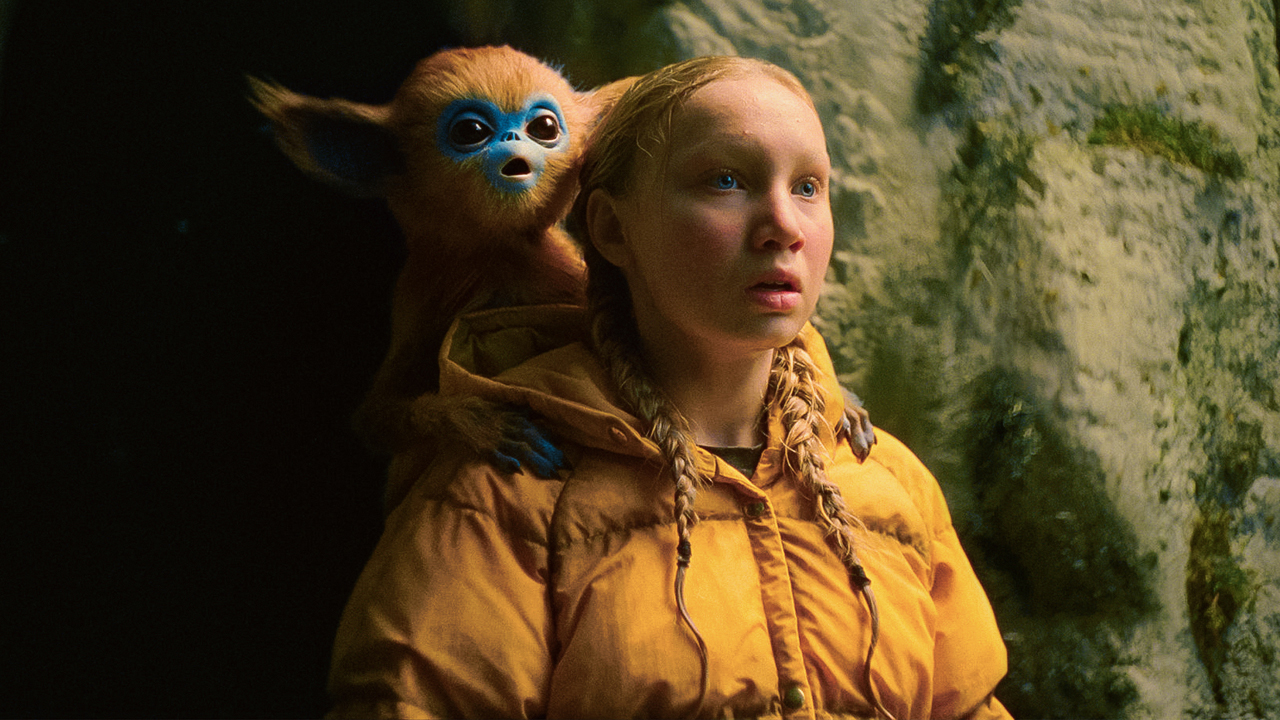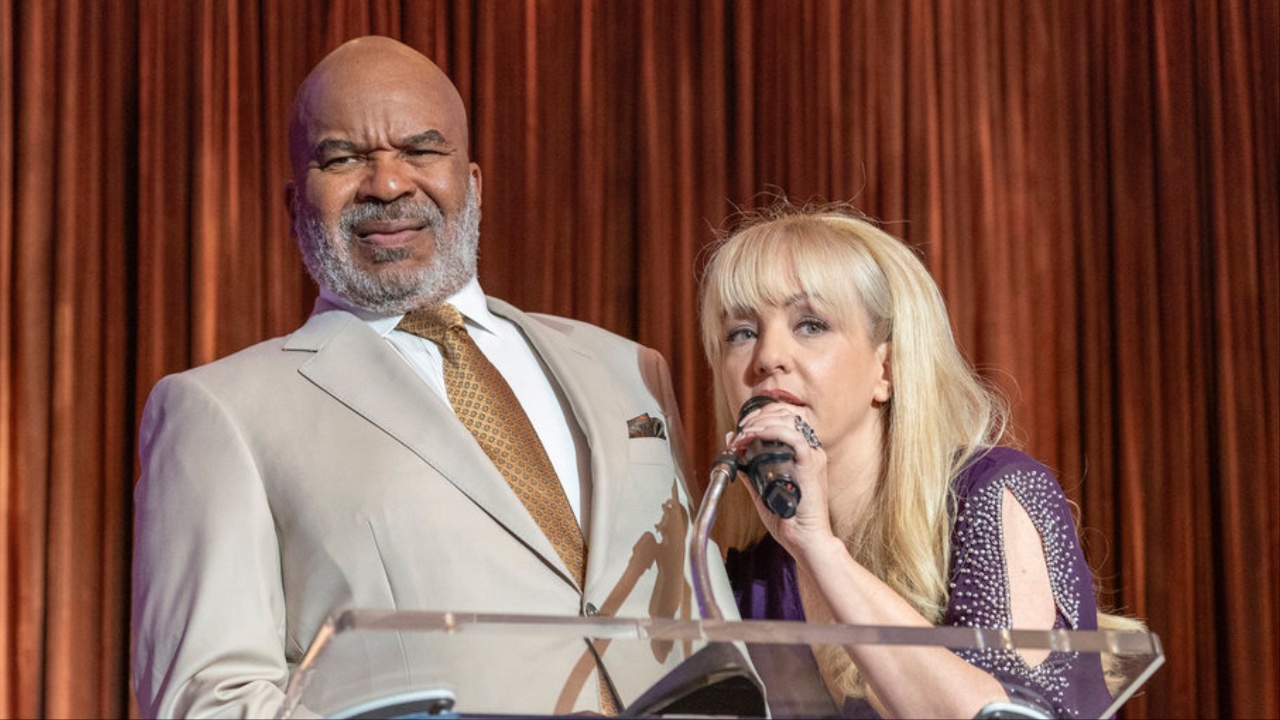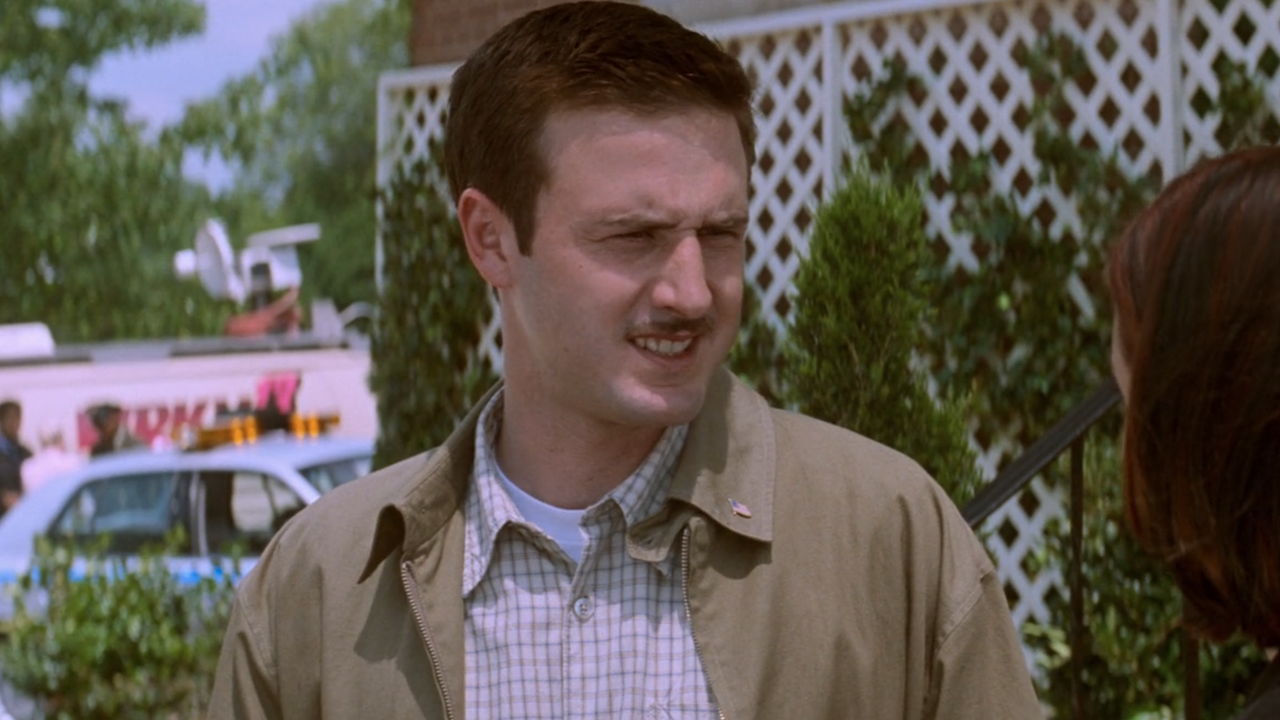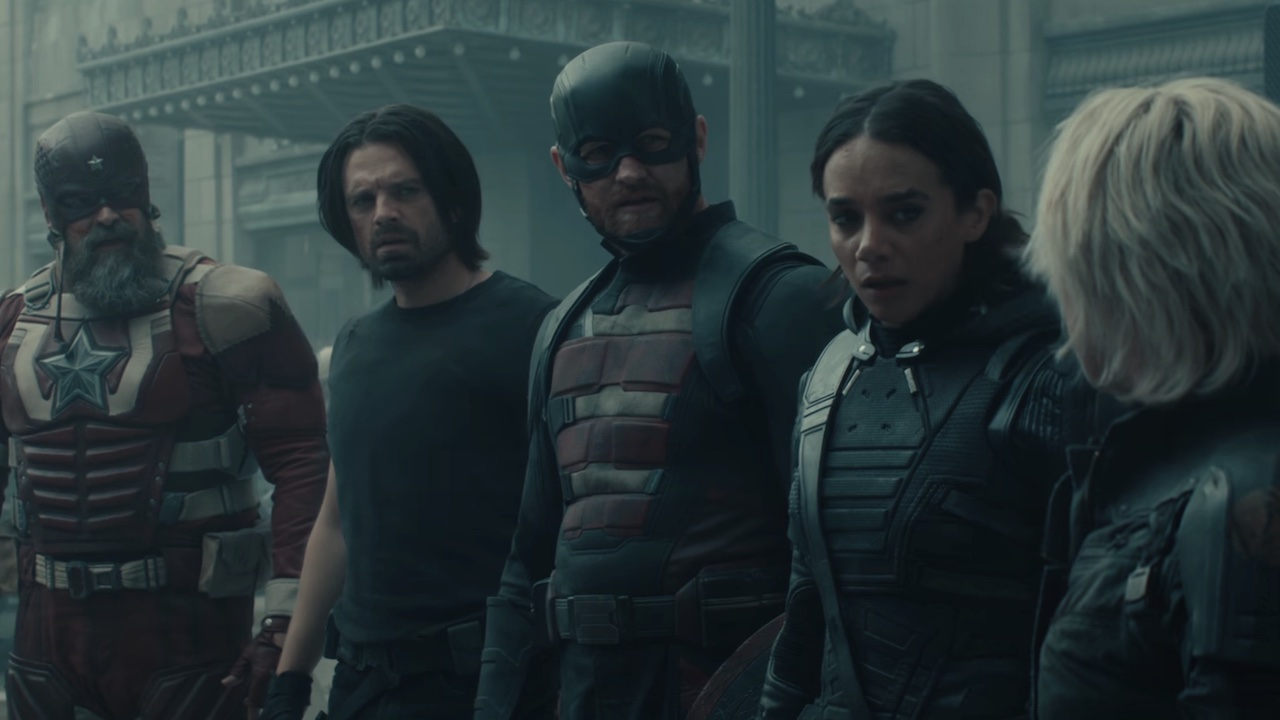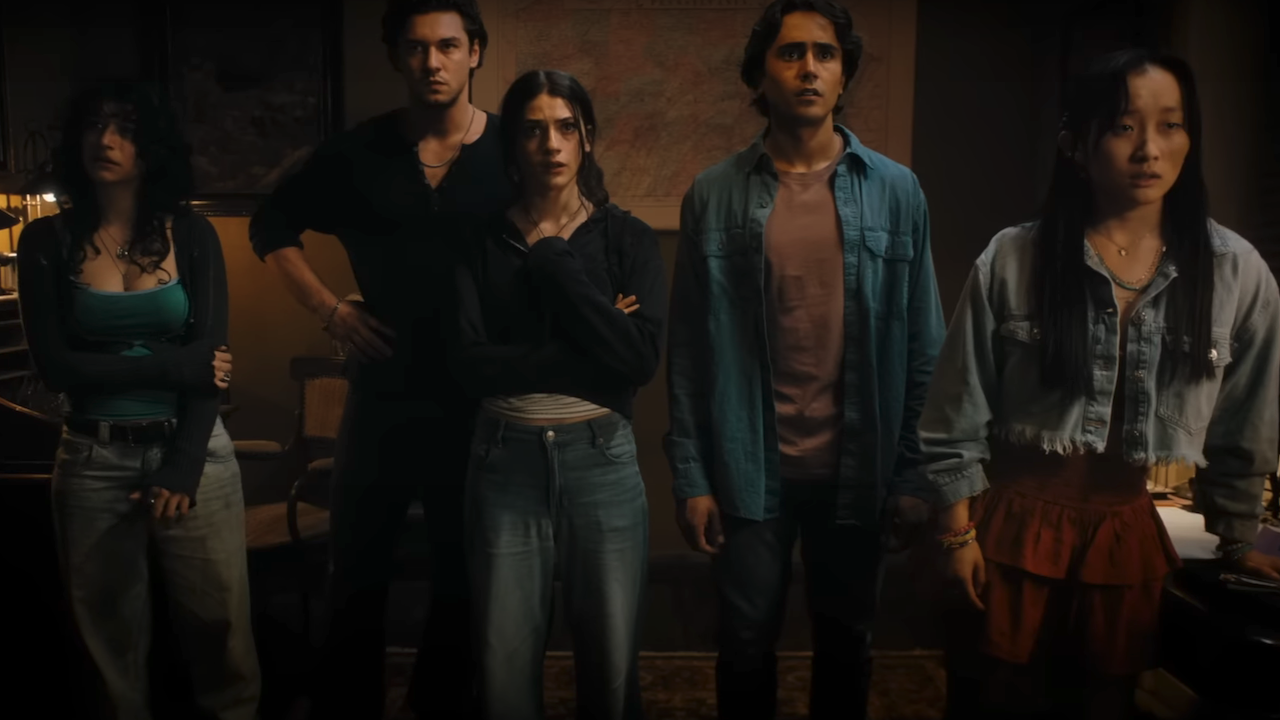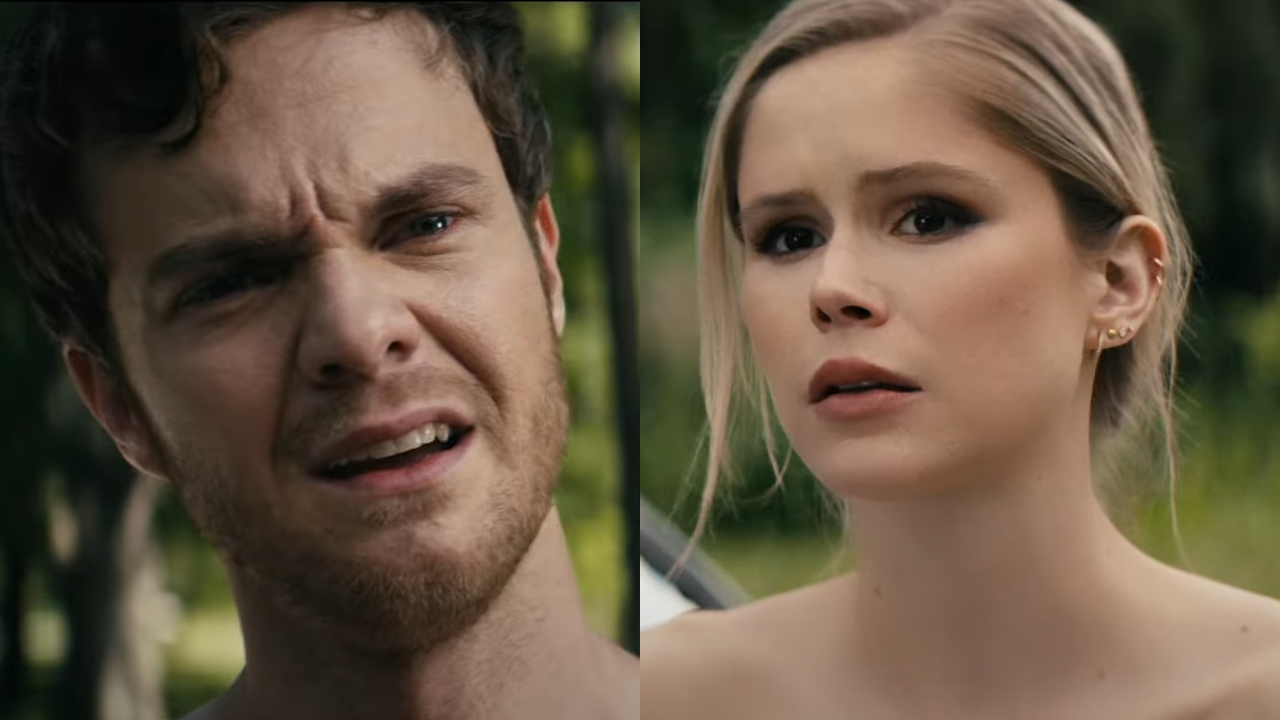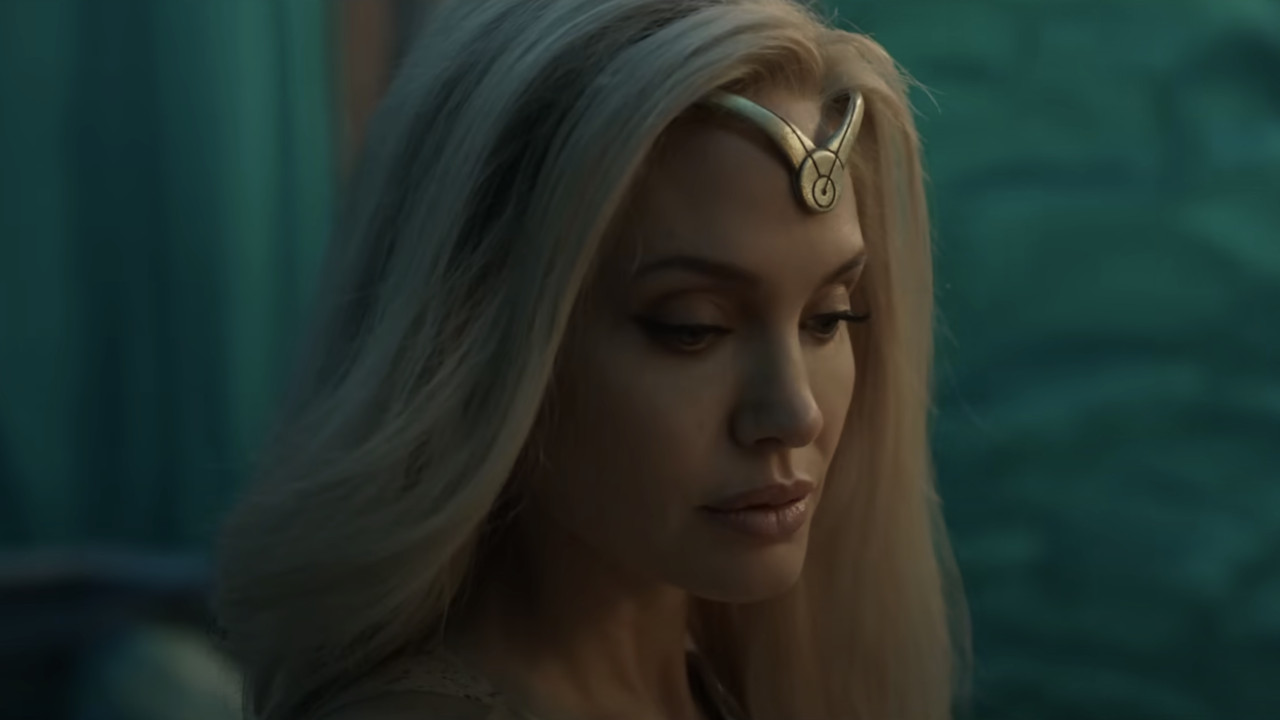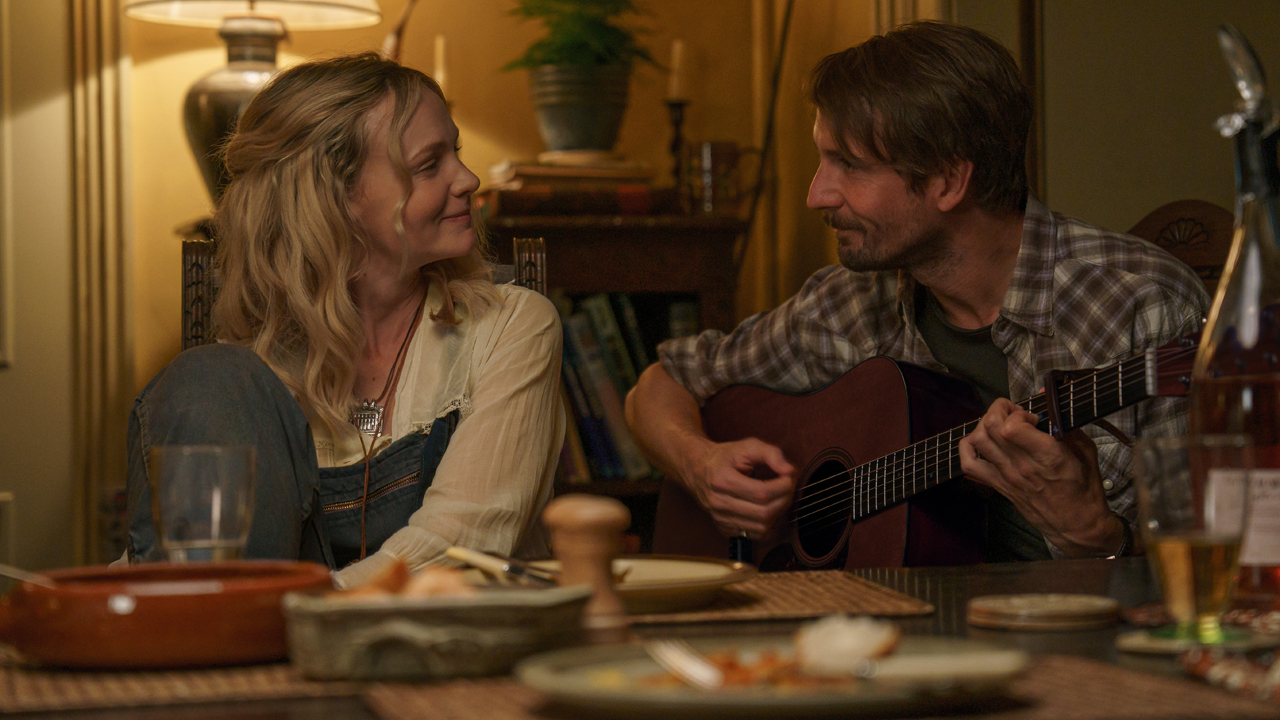Edit Bay Interview: Fright Night's Colin Farrell And Director Craig Gillespie
If you haven't already noticed, the special Friday the 13th has kind of turned into Fright Night Day.
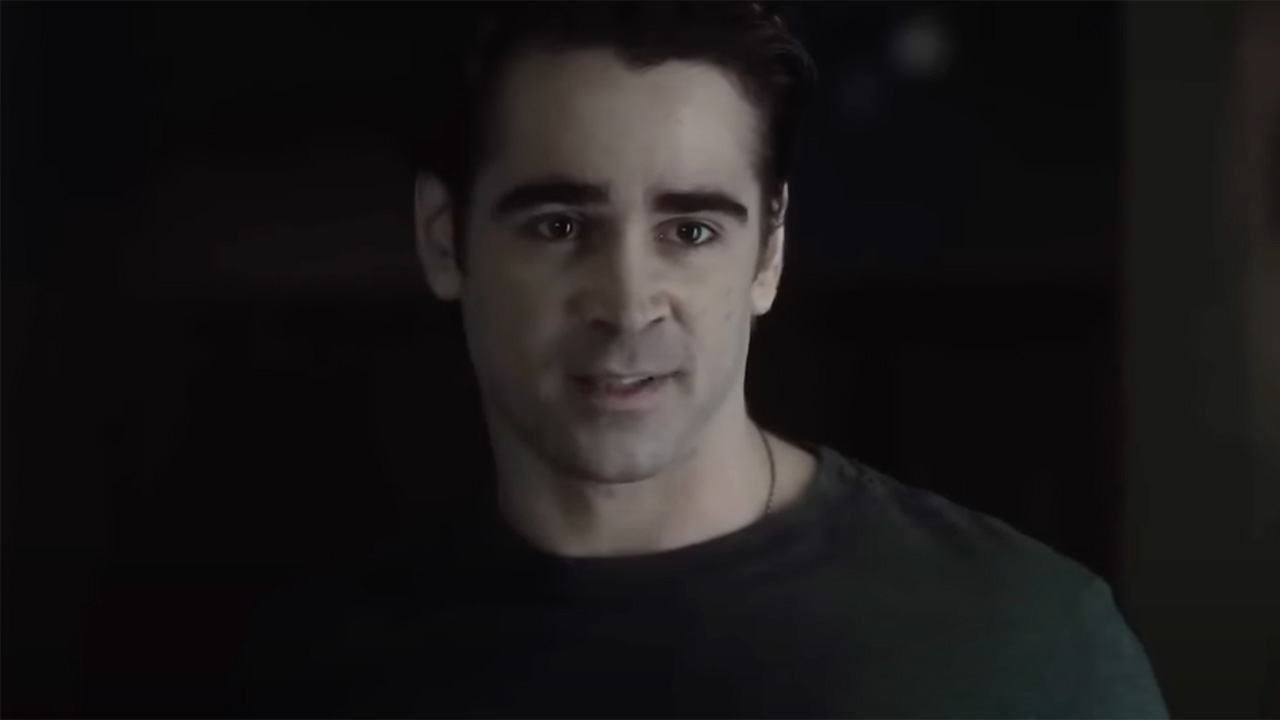
If you haven't already noticed, this special Friday the 13th has kind of turned into Fright Night Day. It all began last night when I posted my behind-the-scenes experiences from the film’s editing bay as well as my roundtable interview with star Anton Yelchin. Just a little while ago the film’s first trailer went online, so now I’m back with the second half of my interviews.
Having read what the hero had to say, now it’s the villain’s turn to talk. In addition to talking with Anton Yelchin at the editing bay, I was also given the opportunity to sit in on a roundtable interview with co-star Colin Farrell, who plays the soulless vampire known as Jerry Dandridge, and the film’s director, Craig Gillespie. Check out the interview below in which the pair talk about their relationship to the original Fright Night, bringing back the classic vampire, and the cat-and-mouse game between Jerry and Charley.
Watching the footage it looks as though a lot has been changed in terms of the story from the original. When first coming to the project was that something you wanted?
Craig Gillespie: Different stories on different sides here. I was not that familiar with the original, I was not looking to do a vampire movie, I was not looking to do a horror genre thing. I was going in to Dreamworks for a general meeting, and the night before they sent the script to me. And so I picked it up reluctantly because it wasn’t where my head was. I read the script and it was fast, had great characters, and the thing that I fully responded to, there’s such a great balance of horror and humor. Just to be able to mix two genres is rare to find, I love to do that. So I couldn’t get it out of my head and I ended up bringing it up in the meeting, and ended up getting the project. I didn’t look at the original until I was months down the road with this and I fully figured out how I wanted to execute it. Colin’s story is different, wasn’t it?
Colin Farrell: I loved the original, love it still. I was very fearful when I heard that they were remaking it. I had the initial reaction of, “What a bunch of unoriginal idiots that they have to go and take something that’s so sacrosanct as the original Fright Night. They’ll probably butcher it.” And then I read the script and went, “Balls! I really like it! Now what do I do? Out of work actor looking for a job, literally. What do I do, I really like this!” For me it was kind of where does the child start and the actor who is a man and has responsibilities and a career. I was like, I don’t have to separate those two things. I got to bring the kid to work as well, because I was somebody who fell in love with the original film when I was 10, 11 or 12. I had seen it like 50 times before I even heard this one was coming up. I met Craig and he had a really clear idea of how he wanted to tell the story and it was just a really easy read, it was really good. I had come off the back of two or three heavily dramatic films, one with Peter Weir; a thing called Triage, I played a war photographer, I was 28 pounds in that, it was tough. I wanted to go and have fun.
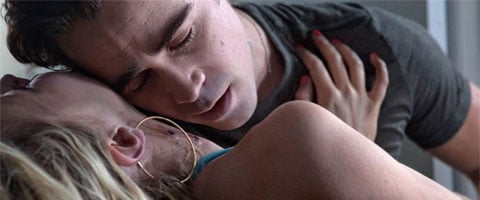
Was there a specific scene that you read and knew that you had to be a part of the project?
Farrell: That’s a good question. Yeah, one I’m not in actually [laughs] I just wanted to be there watching it on the monitor. No, the scene at the back door. I haven’t got much dialogue in the film, I have 22 and a half lines?
CINEMABLEND NEWSLETTER
Your Daily Blend of Entertainment News
Gillespie: 19 and a half.
Farrell: 19 and a half? Well, 16 of them are in this one scene at the back door when I ask Charley – I don’t know if you saw it – I was trying to get beer.
Yeah, we did see that one.
Farrell: That scene was just, “Wow, that’ll be fun. That’ll be a lot of fun to just play that.” And it really was, on the day. It was a blast. So that scene, yeah. Just the whole notion as an actor, as a male actor, there’s a few boxes – for me – there are a few boxes. Seems like every actor wants to play a boxer, I’d love to play a boxer someday because I know the discipline that I know it would bring into my life.
Maybe a boxing vampire.
Farrell: A boxing vampire! [laughs] That’s genius! [To Craig] Maybe a boxing zombie and then I can get into your next picture! But it’s one of those boxes I ticked, playing a vampire. It really was. You always take the work seriously, but sometimes you really get to engage the more childish aspects of yourself.
Did you find that you took inspiration from Chris Sarandon’s performance?
Farrell: No – I mean, yes, you take inspiration from everything you ever see or do or hear or feel – but it was designed 180 degrees in the opposite direction in this script, which was kind of good because it just meant that I wasn’t to compete with Chris in his department of being charming and all that stuff, which be just a fucking nightmare, a disaster and an exercise in futility. So this guy, his emotional life wasn’t there. There was an emotional life in Chris Sarandon’s Jerry Dandridge – there was a sense of longing, there was a sense of loneliness and isolation, even though he had [Billy Cole], his watcher. He was looking for his love, he was looking for his counterpart. He was looking for that woman he had lost long ago and he finds her in Amy. In this that wasn’t there and I was hoping a little bit more that it was there and eventually, really about two weeks into the film, I was going, “The disco scene, can we make it about something? Why do I have to carry her like a fireman? Really? Vampire fireman is next? Can I not just fucking go through with it?” So I was coming into it because I wanted to have a little more sexual omnipotence and then I was like, I just have to get into it. I just have to put that to the side there and engage in the character as he’s designed. He was designed in a really brutal way, he’s a brutal character and a sexual predator and somebody who is nothing if not a survivalist with little to no emotional life. And that was fun; that became embracing.
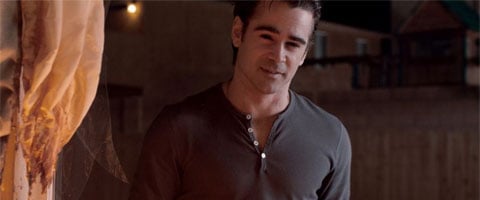
One of the greatest things about the original film is that it pays incredibly strict attention to the classic vampire myth – sleeping in a coffin, can only go out at night, power over women, can’t enter a house unless invited. Was that something you were strict about while doing this film?
Gillespie: Yeah. I think, obviously the rules have been fudged over the last few years, so I really wanted to stay true to the strong belief from the original idea of Dracula and vampires – can’t go out in the sun, crosses only work if you’re religious and have faith and various notions like that. And that was from the original, so that was something you pulled from there and I respect that. Obviously one that you guys saw was being invited in: classic vampire fact. I think it’s fun to go back to that heritage and the idea, too, that it’s a monster, in the original sense of Dracula. There is this longing and stuff, but people generally fear and that’s the case here too.
You can also really sense that the whole cat and mouse game is still there, which was another thing that made the original great.
Gillespie: I think what was most surprising in Marty [Noxon]’s script was there is that great cat-and-mouse in the film and how it’s going to play out and there’s an incredible suspense to it. And all bets are off when he blows the house up [laughs]. It’s only halfway through the film and it’s kind of the last thing you’d expect that that’s going to be a confrontation that then they’ll recede and regroup and come back, and I love that Marty’s script is, in the one sense, logical because they guy is fearless and has nothing to worry about – he can just disappear at the end of the day. He’s been found out, his cover is blown, so he’s probably going to have to pack up and take off that night and he’s going to fucking kill these guys [laughs].
Farrell: He doesn’t need a passport, he doesn’t need to pack a bag. He’s good to go anywhere. There’s really not a life of containment for him. I had to rationalize, “Wait a second. He’s setting fire to the fucking house and he’s getting in the car, is this Bad Boys?” [laughs] And it was just no, it just came down to the fact that he’s really bored! His sense of power, his sense of omnipotence was something that was so profound and been around for so long that he is impervious to any threat from mortal society. He’s kind of just bored and it’s good sport. Charley becomes – I think it’s more pronounced in this – a worthy foe. Jerry still never feels the pinch of threat, it’s just these little constant setbacks.
Gillespie: It’s a nice diversion for him. The monotony of hundreds of years of existence…
Farrell: And Jerry’s not Brad Pitt’s vampire [in Interview with a Vampire] who ended up feasting on rats and then in a moment of absolute bloodthirsty weakness fed on a child. Jerry is so okay and he’s so addressed in who he is and what he is and where he is in the evolutionary scale that it’s all about the chase for him. It’s that thing as well, these things that phase into how a lot of us operate in society today on our Friday and Saturday nights: it’s all about the chase! If a person were to lie down before him and offer up their neck he would be disgusted. He needs to feel fear; he needs to feel resistance. So, in that sense, he’s probably saving Charley until the very end. I don’t think that’s the tension initially, but the more and more Charley resists the more and more he becomes attracted to it.
On the note of remakes, you’re also going to be starting production soon on a remake of Total Recall. Was your approach to that project the same as your approach to Fright Night?
Colin Farrell: Total Recall, again, another thing I loved. Verhoven's is so brilliant, so brilliant. I loved it and, again, all these kind of "Ahh!" I just really liked the script, I met Len [Wiseman], I saw some of the artistic renderings of what he's going to do with that world and it's amazing! I mean, who knows what a film is from its conception to its full realization, so many factors involved. You always go in with hope and with expectation. I just know what he's going to do as far as creating that world. And it's great. There's literally stuff to be done with that same story. And it's not, and I read some blurb it's going back to the original short story. No it's not! It's Kafka, the original short story, I mean it was Philip K. Dick, but it was so dark and it was such a kind of omnipresent sense of power and corruption, and that plays into ours as well, but it's not nearly as dark as the original. But it's good stuff. It's good stuff. So I'm going to start that in a couple weeks

Eric Eisenberg is the Assistant Managing Editor at CinemaBlend. After graduating Boston University and earning a bachelor’s degree in journalism, he took a part-time job as a staff writer for CinemaBlend, and after six months was offered the opportunity to move to Los Angeles and take on a newly created West Coast Editor position. Over a decade later, he's continuing to advance his interests and expertise. In addition to conducting filmmaker interviews and contributing to the news and feature content of the site, Eric also oversees the Movie Reviews section, writes the the weekend box office report (published Sundays), and is the site's resident Stephen King expert. He has two King-related columns.
